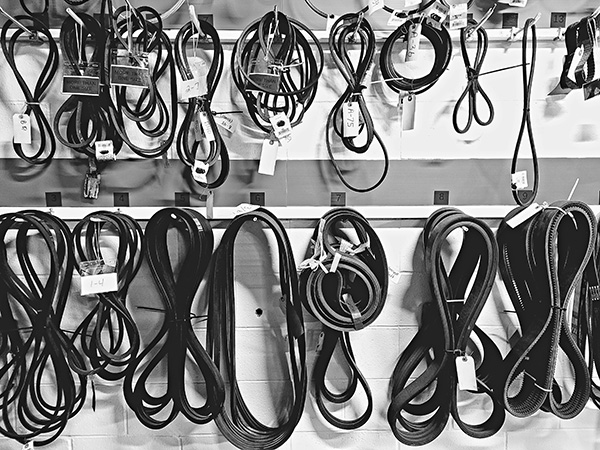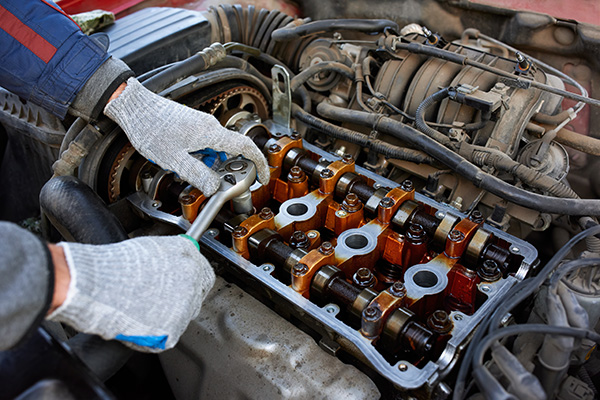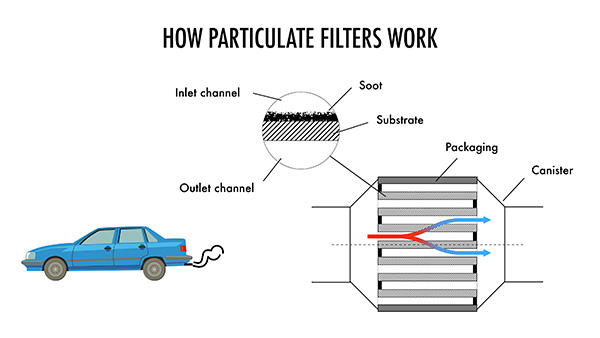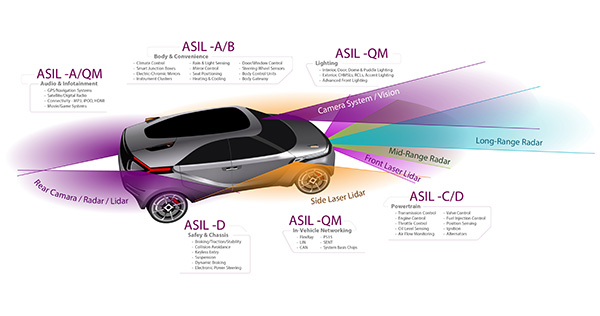Posted on 1/30/2026

You start the car, and there it is, that sharp squeal that turns heads in the parking lot. Sometimes it vanishes in a few seconds, which makes it tempting to ignore. Other times it comes back at the worst moments, like when you turn on the A/C or pull out into traffic. A squealing belt can be harmless, but it can also be your first hint that something is slipping, misaligned, or about to fail, and the only way to know is to pay attention to how and when it happens. What The Serpentine Belt Does The serpentine belt is the long belt on the front of the engine that drives key accessories. Depending on the vehicle, it may spin the alternator, power steering pump, A/C compressor, and water pump. It relies on proper tension and clean contact to transfer power without slipping. When it squeals, that sound is usually friction. The belt is sliding instead of gripping, which creates heat and noise. The important part is figuring out why it is slipping, because the belt is of ... read more
Posted on 12/19/2025

A leaking valve cover gasket often starts as a small nuisance and quietly grows into a bigger problem. You might smell a bit of oil, see a light haze under the hood, or notice the oil level dropping faster than it used to. Because the car still drives, it is easy to put off, but leaking oil can damage ignition parts, rubber components, and even the catalytic converter if it goes on long enough. 1. Burning Oil Smell or Light Smoke From Under the Hood One of the earliest signs is often your nose. A valve cover gasket sits at the top of the engine, and when it starts to leak, oil can drip onto hot parts underneath. As that oil burns off, it creates a sharp, slightly sweet burned oil smell that you may notice when you stop at a light or park in the driveway. Sometimes you can also see a light wisp of smoke coming from the edges of the hood after a drive. It may be more obvious on cold days or after a longer trip when everything is fully warmed up. If the smell seems to ... read more
Posted on 11/28/2025

If you drive a modern diesel, the diesel particulate filter (DPF) is the reason your exhaust stays clean. It traps soot during normal driving, then burns that soot into ash during a process called regeneration. Regeneration is built into the car’s software, and when it works as intended, you barely notice it. Problems start when regens are interrupted or the car never gets the right conditions to complete them. What the DPF Catches and Why It Needs Regeneration A DPF is a ceramic honeycomb that traps microscopic soot. Over time the cells fill up and backpressure rises. To clear it, the engine raises exhaust temperature so the soot burns into a small amount of ash. Ash stays in the filter and accumulates slowly with mileage, which is why very high mileage diesels eventually need a professional cleaning or replacement even if nothing is broken. Three Types of Regeneration There are a few ways the system cleans itself: Passive regeneration hap ... read more
Posted on 10/31/2025

As the temperatures drop and days get shorter, diesel vehicle owners have a few extra tasks to consider. Diesel engines are durable and efficient, but they react differently to cold weather than gasoline engines. If you're heading into fall without a maintenance plan, you may be risking hard starts, reduced fuel economy, or unexpected downtime. Here are five important maintenance steps to help keep your diesel car or truck running strong through the colder months. 1. Inspect and Replace Fuel Filters Fuel filters play a crucial role in diesel performance. Diesel fuel naturally contains more impurities than gasoline, and over time, those contaminants build up in the fuel filter. During colder months, water and debris trapped in the filter can freeze, slowing the flow of fuel and leading to hard starts or rough idling. If you haven’t replaced the fuel filter recently, fall is a good time to do it. Some diesel vehicles have both a primary and secondary fuel f ... read more
Posted on 9/26/2025

Auto glass replacement used to be a straightforward task, but that’s no longer the case for modern vehicles. Today’s cars come equipped with Advanced Driver Assistance Systems (ADAS), which rely on cameras and sensors mounted directly on the windshield. These systems include features like lane-keeping assistance, forward collision warning, automatic emergency braking, and adaptive cruise control. So what happens if you replace a windshield and skip ADAS calibration? You risk losing the accuracy of these systems, and that could put your safety at risk every time you drive. How ADAS Uses Your Windshield Most ADAS features depend on a front-facing camera mounted just behind the rearview mirror. This camera monitors the road ahead, reads lane markings, detects vehicles and pedestrians, and helps power automated responses. Even a slight misalignment of this camera can throw off the entire system. The glass itself also plays a role. Some windshields come with ... read more